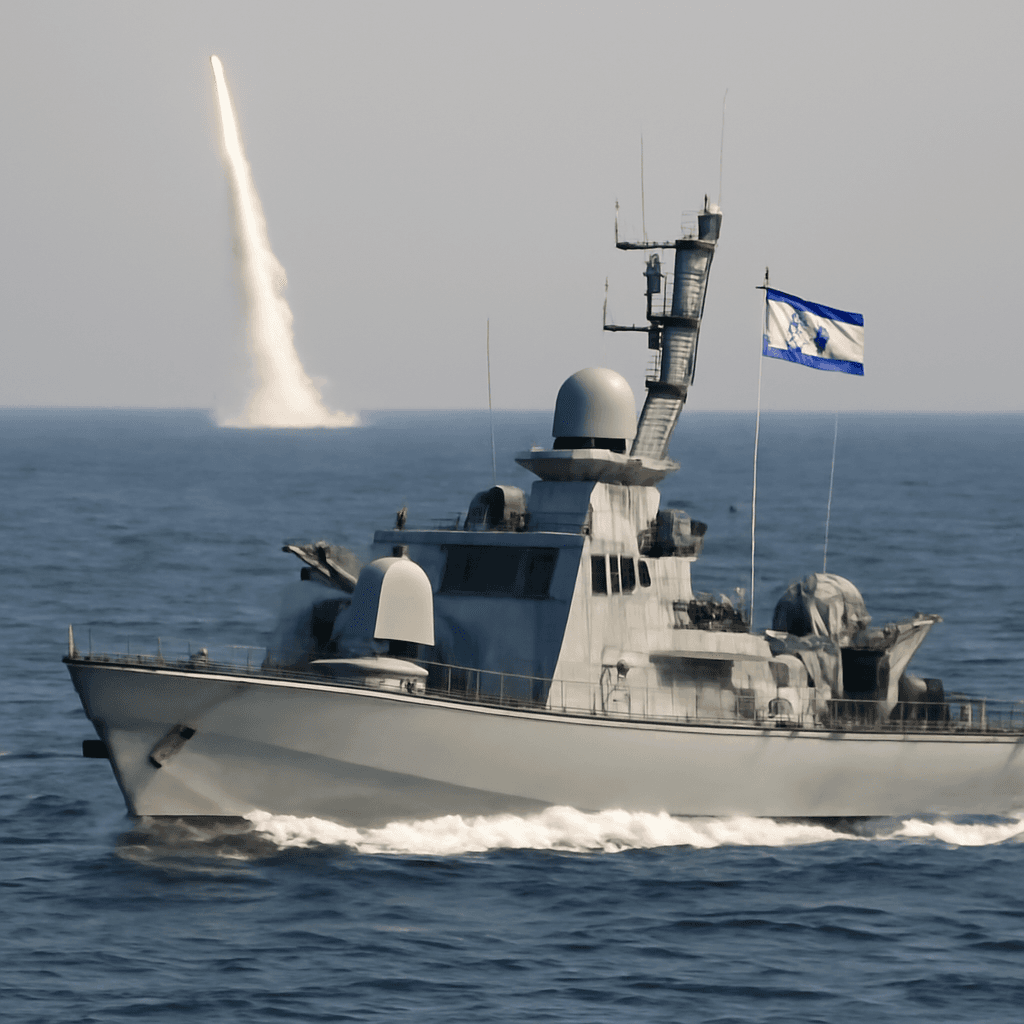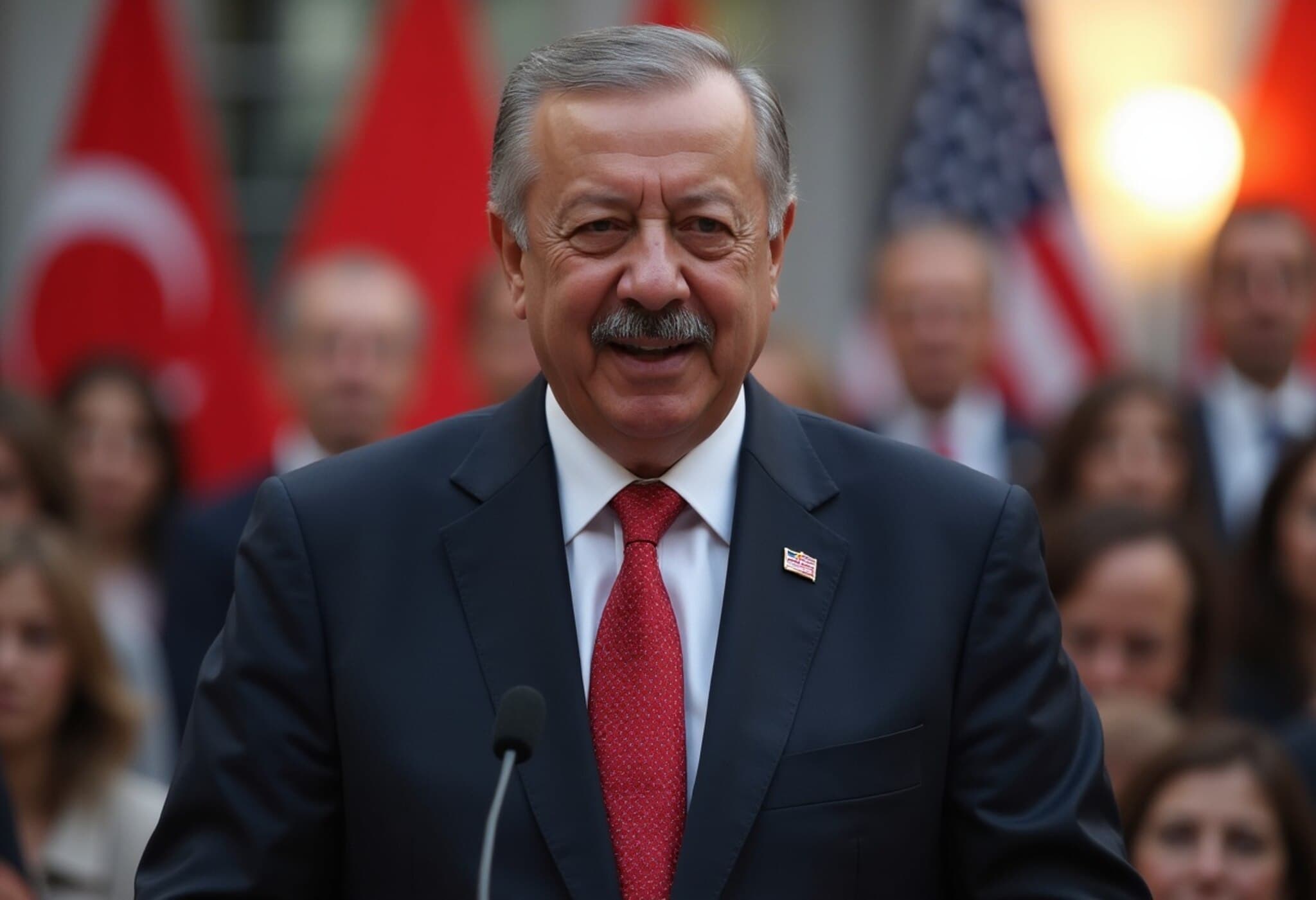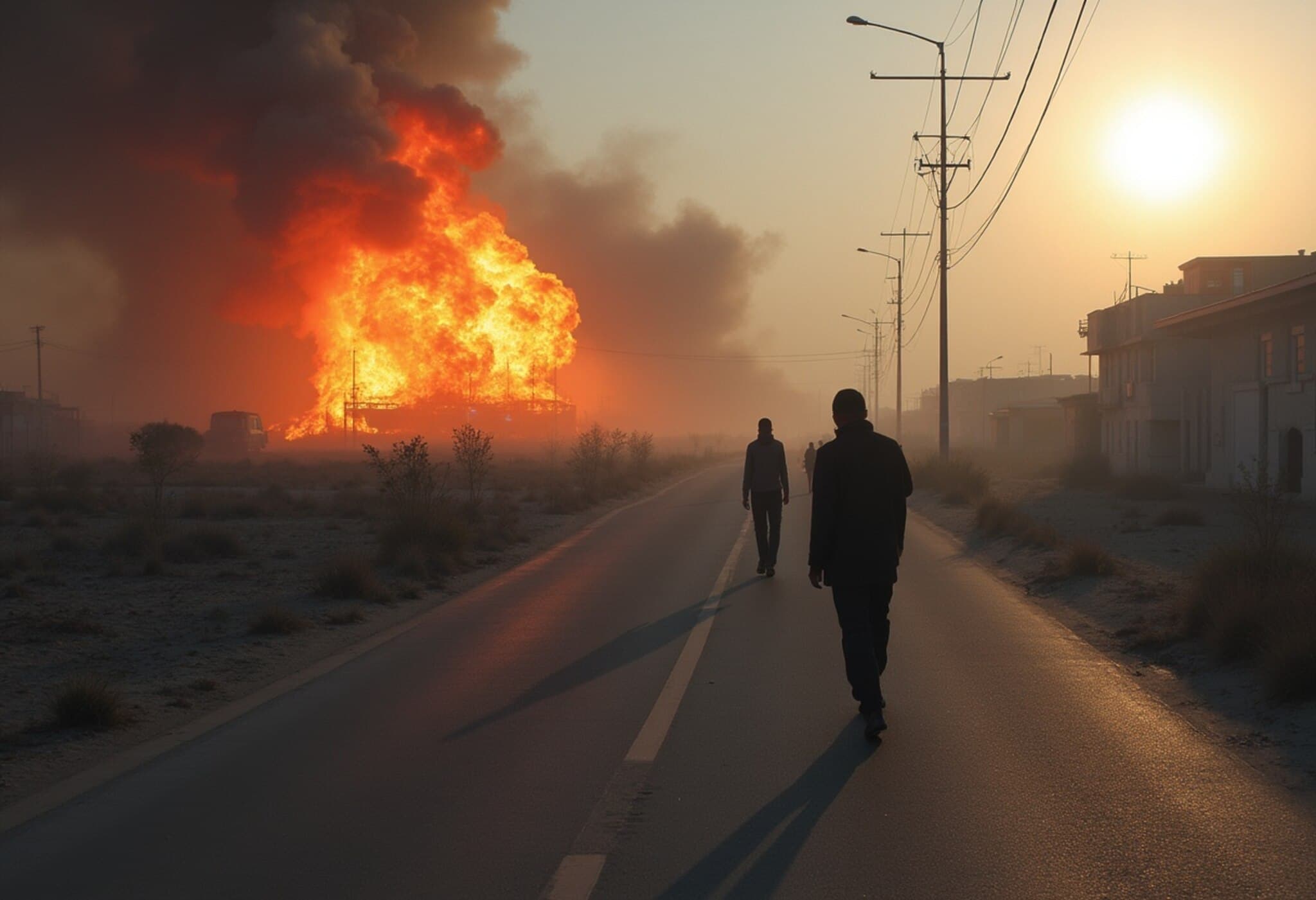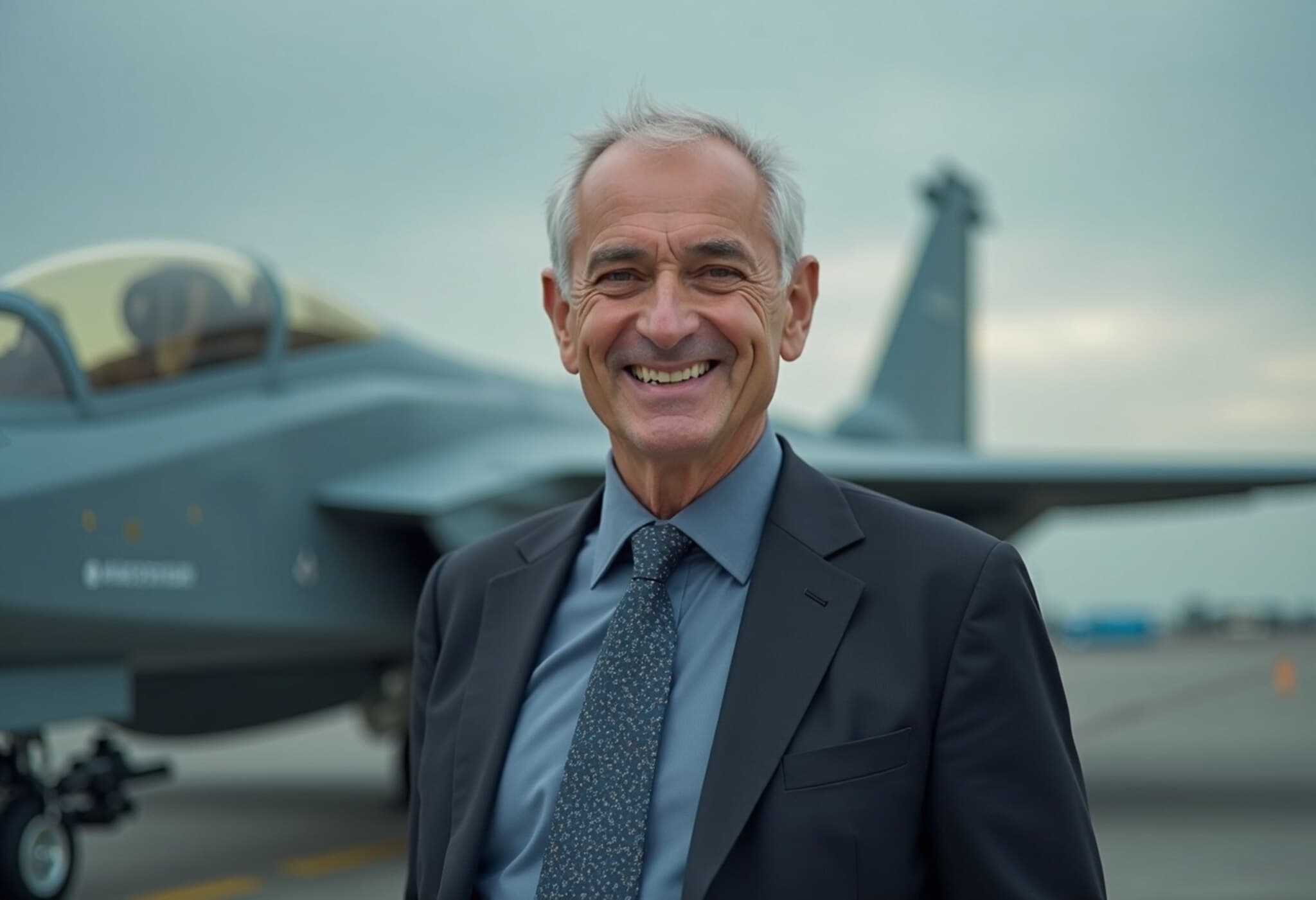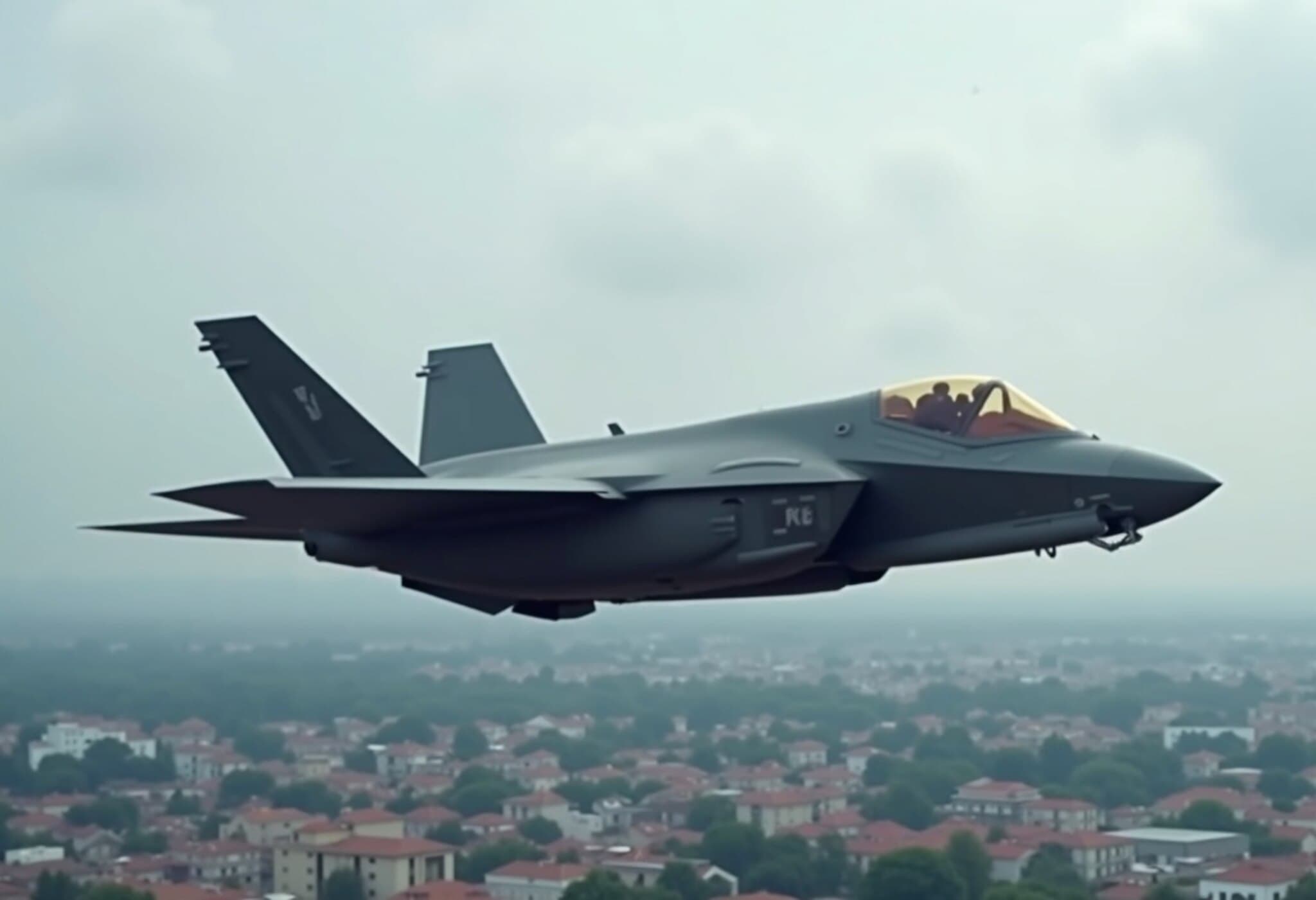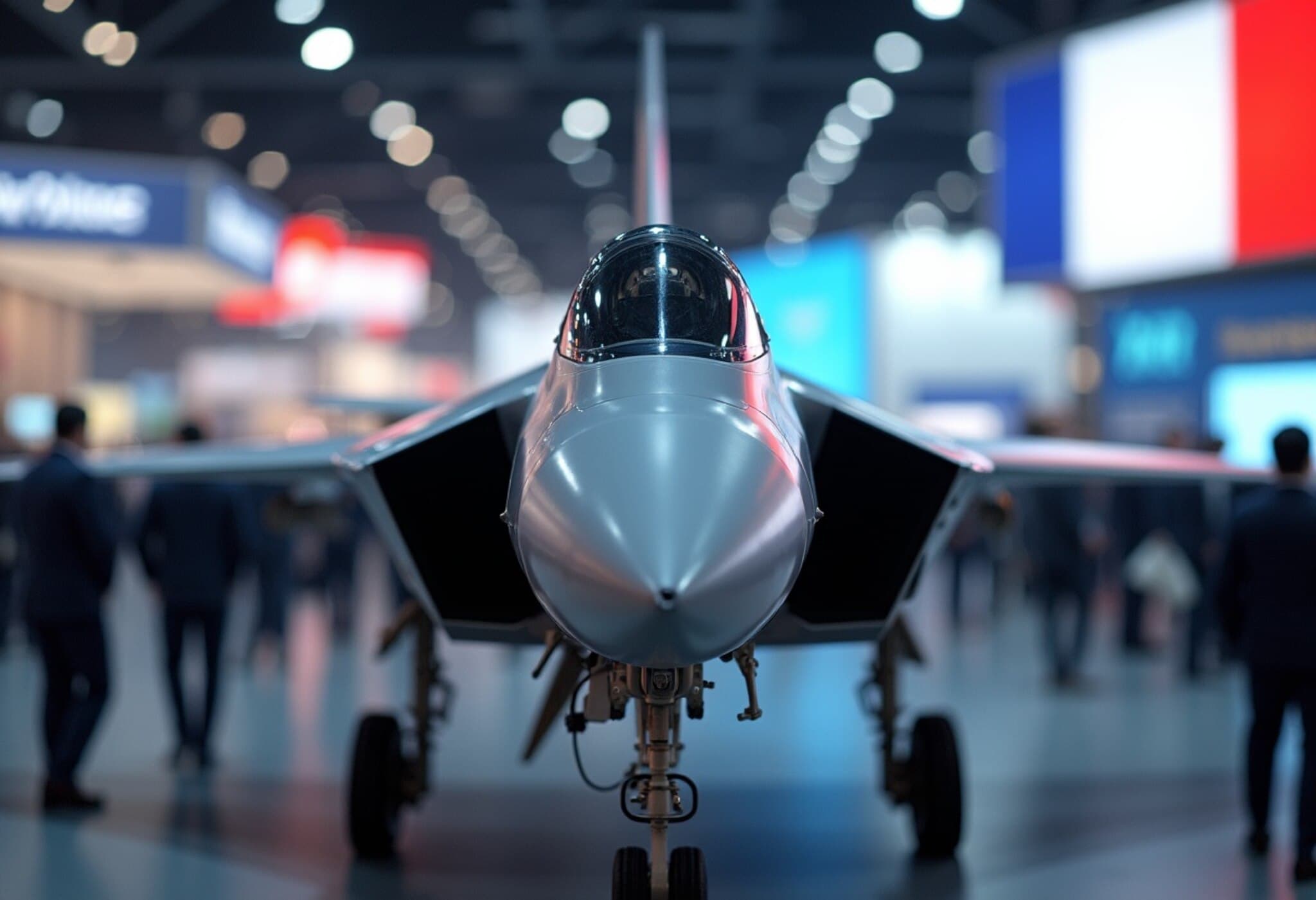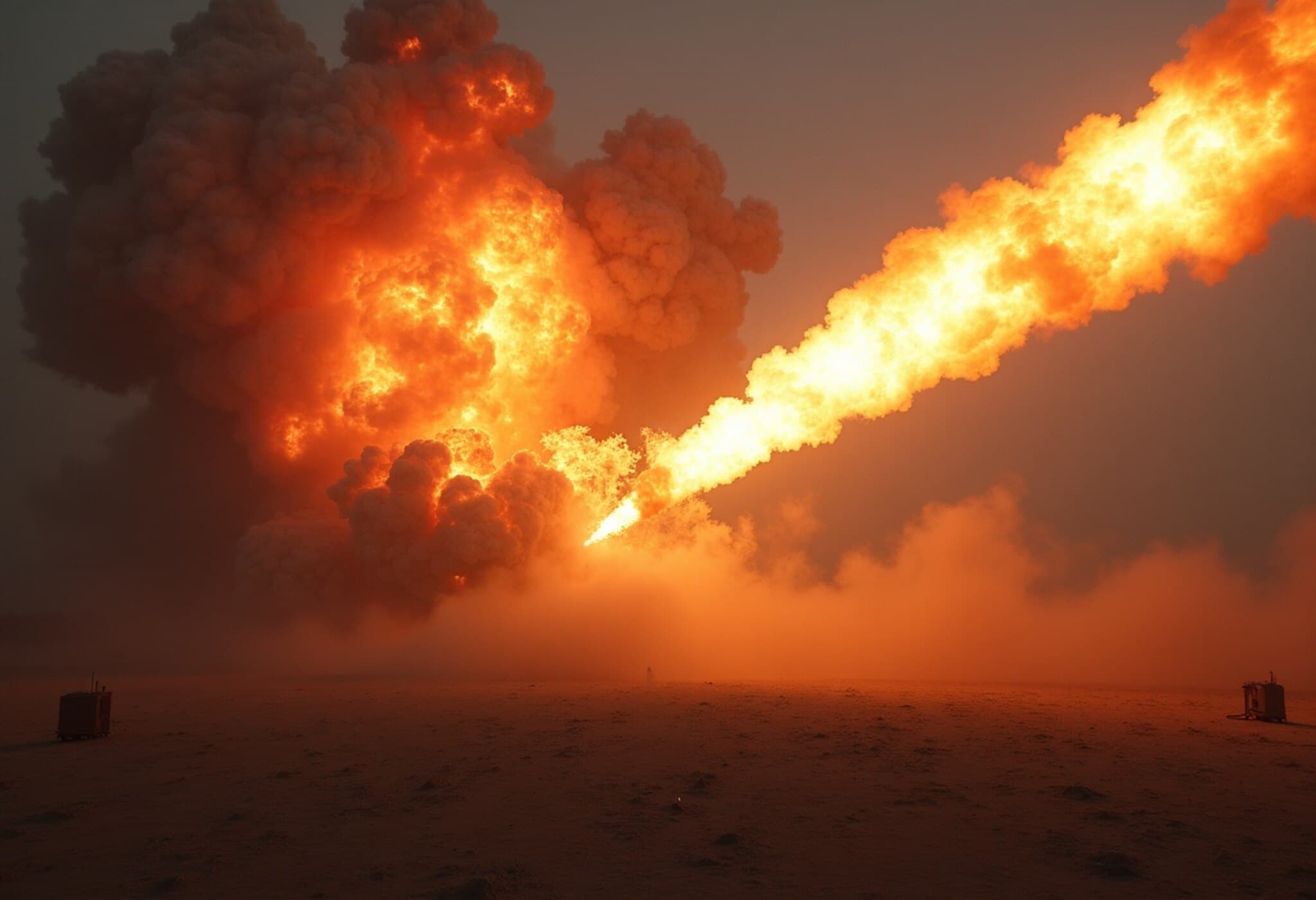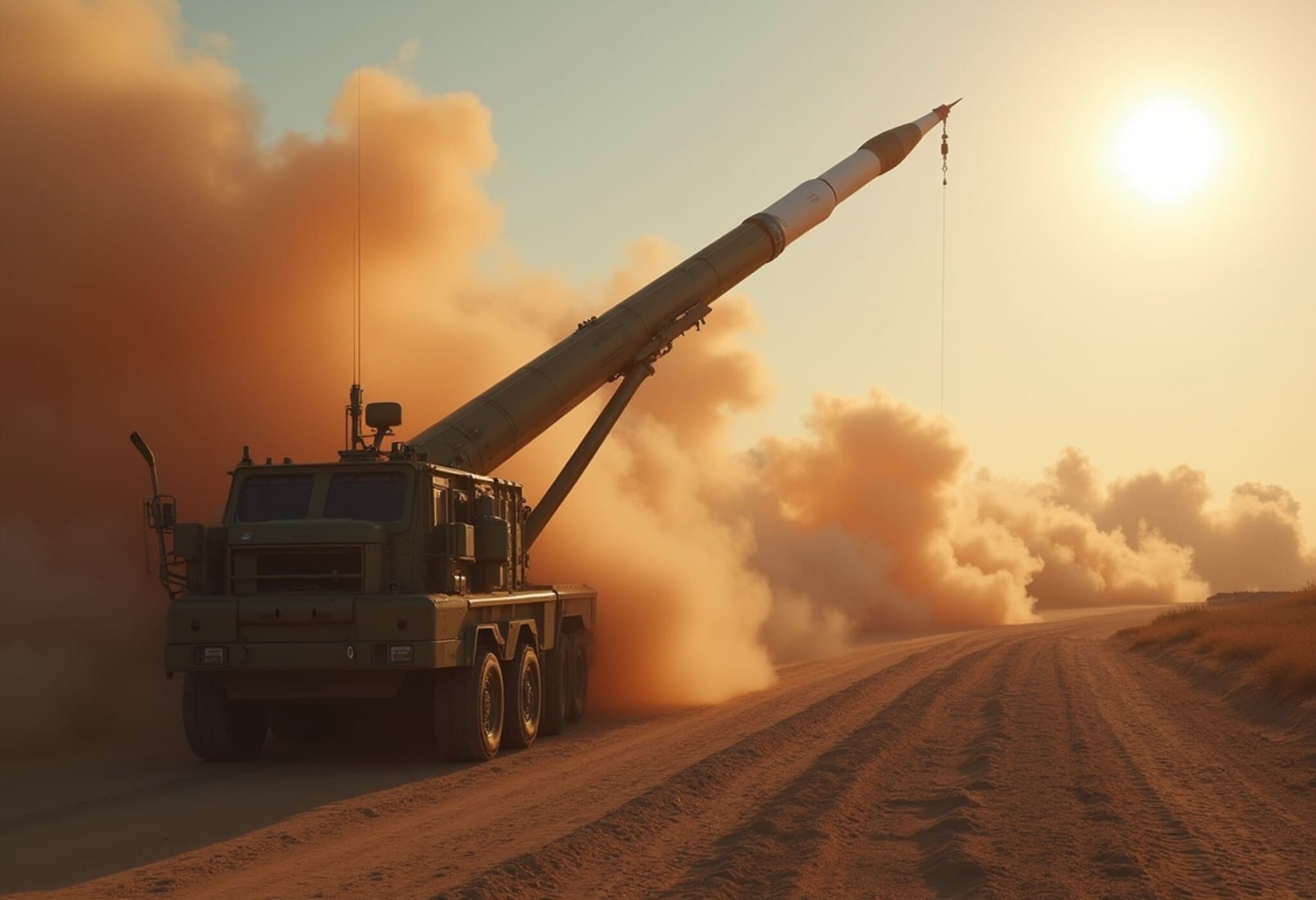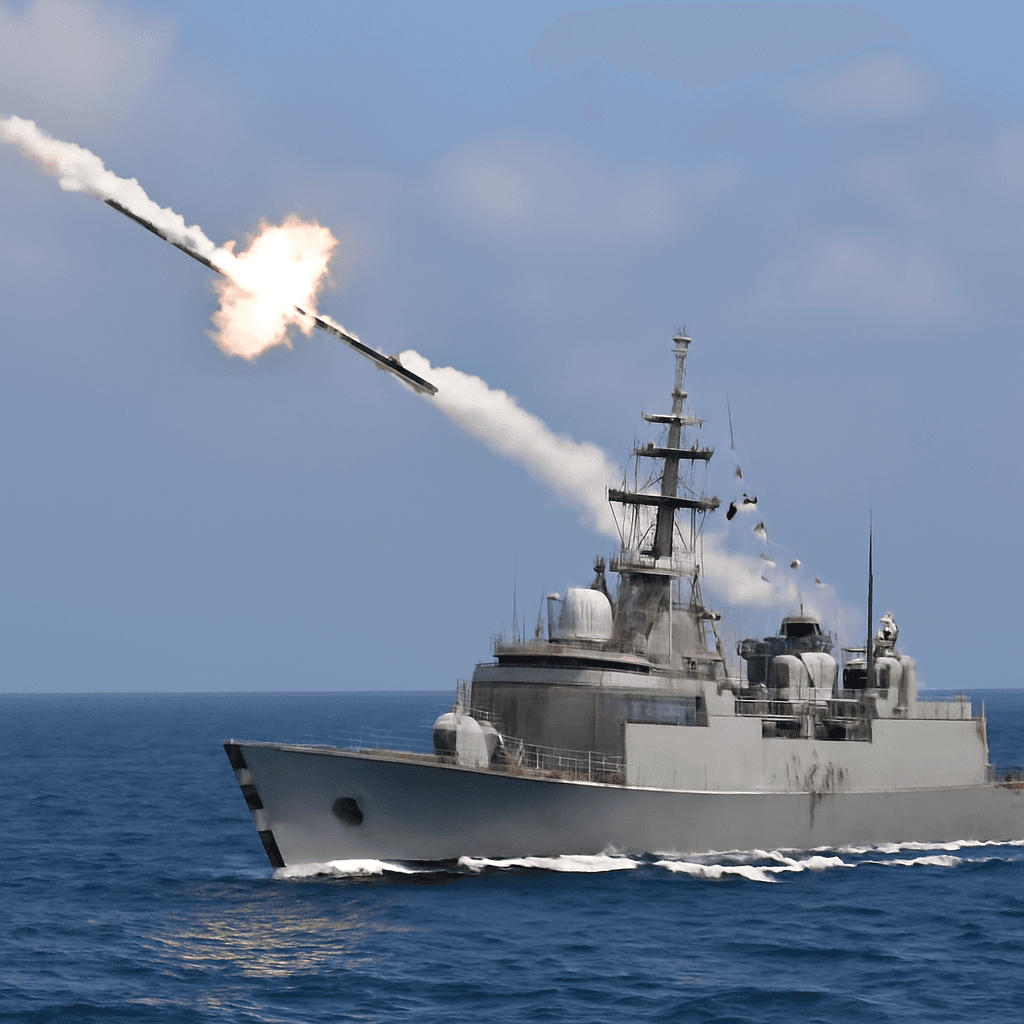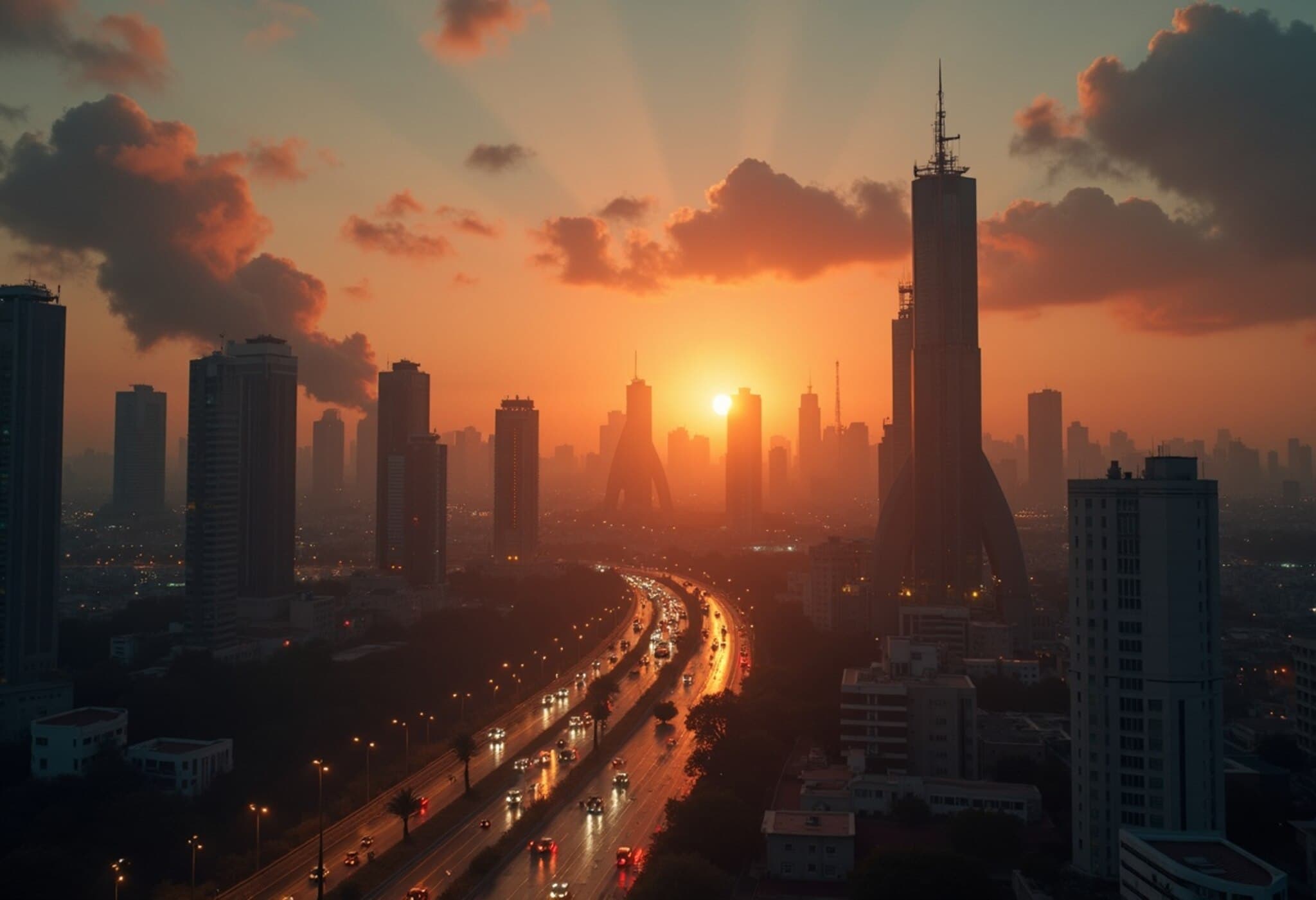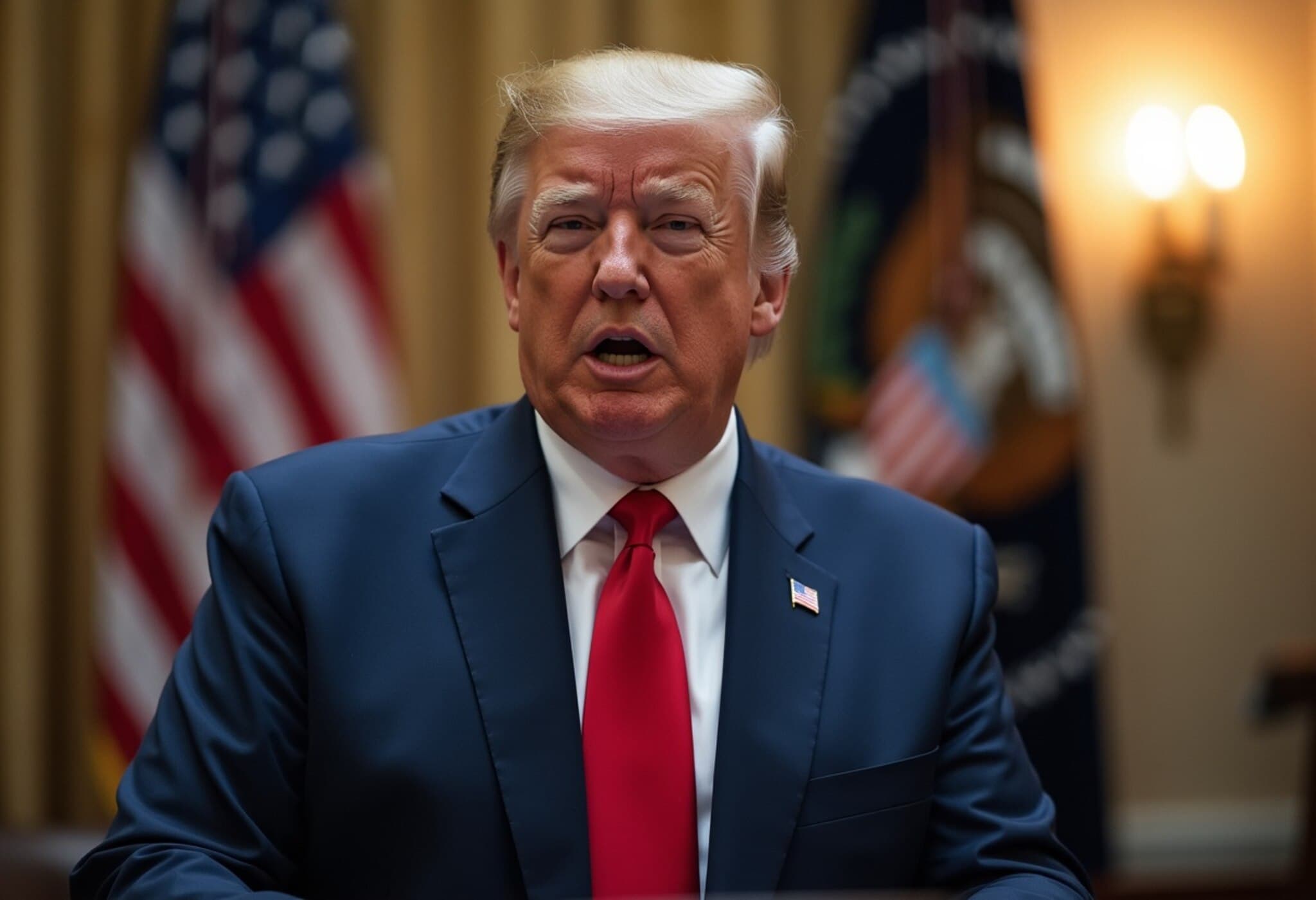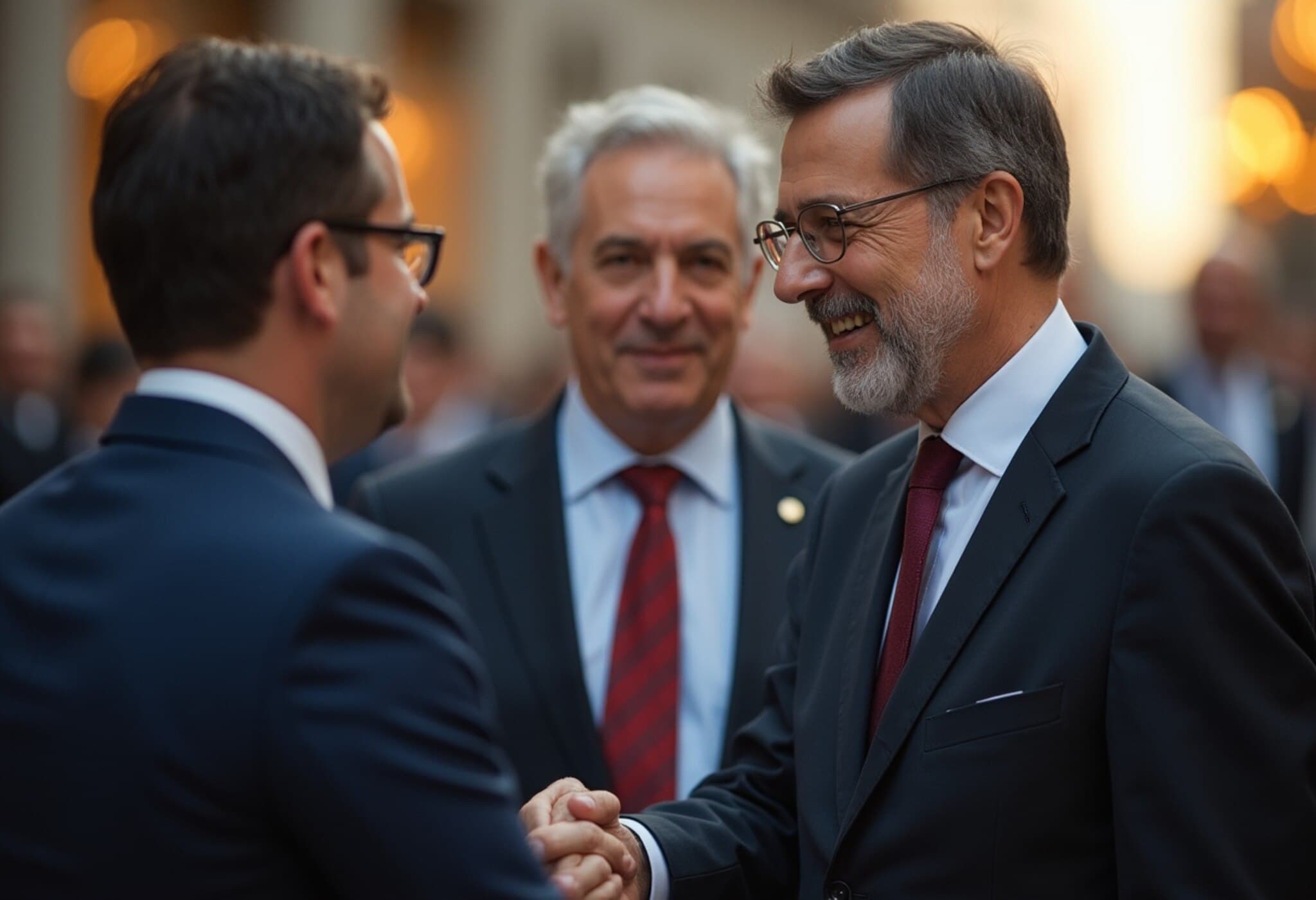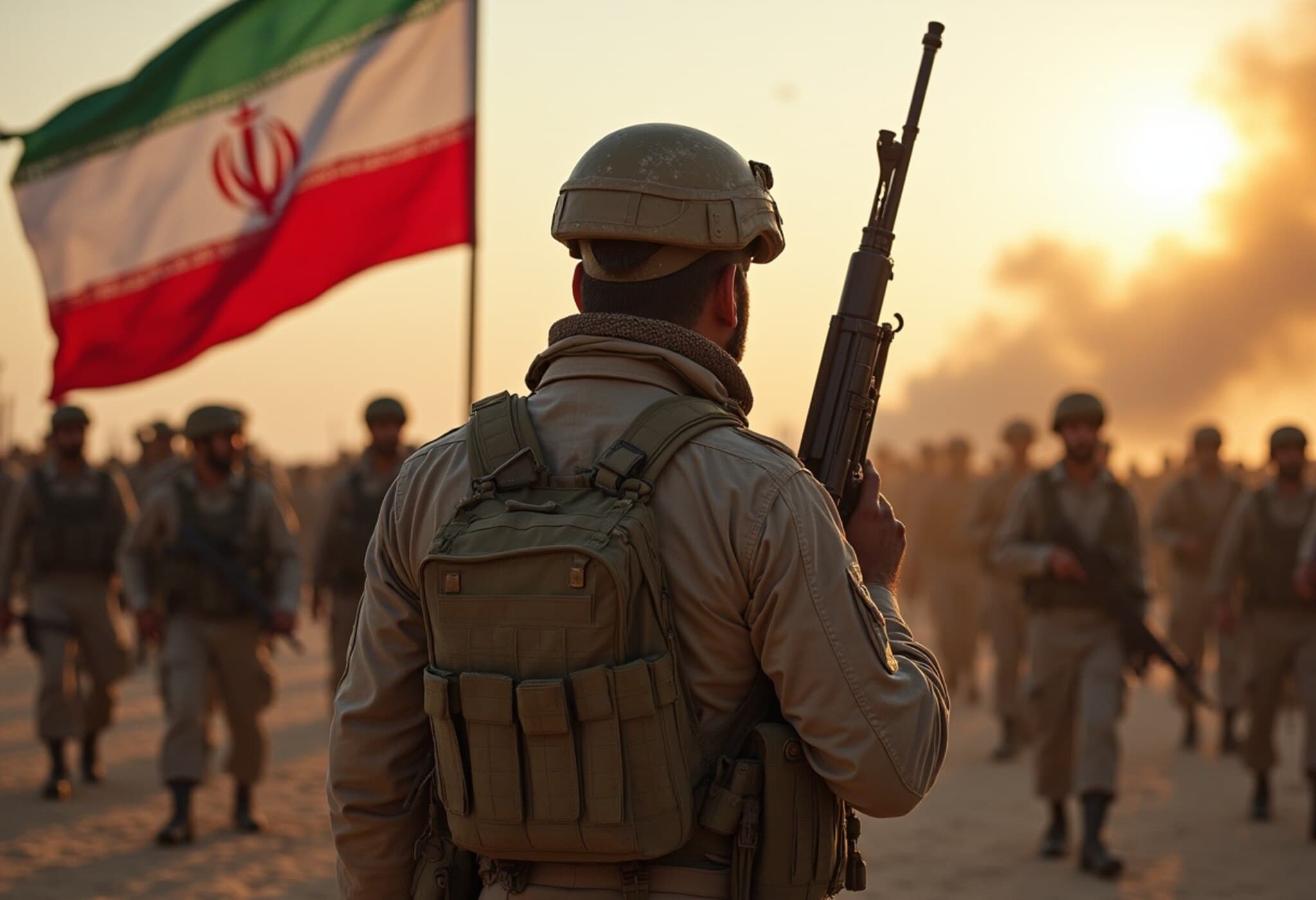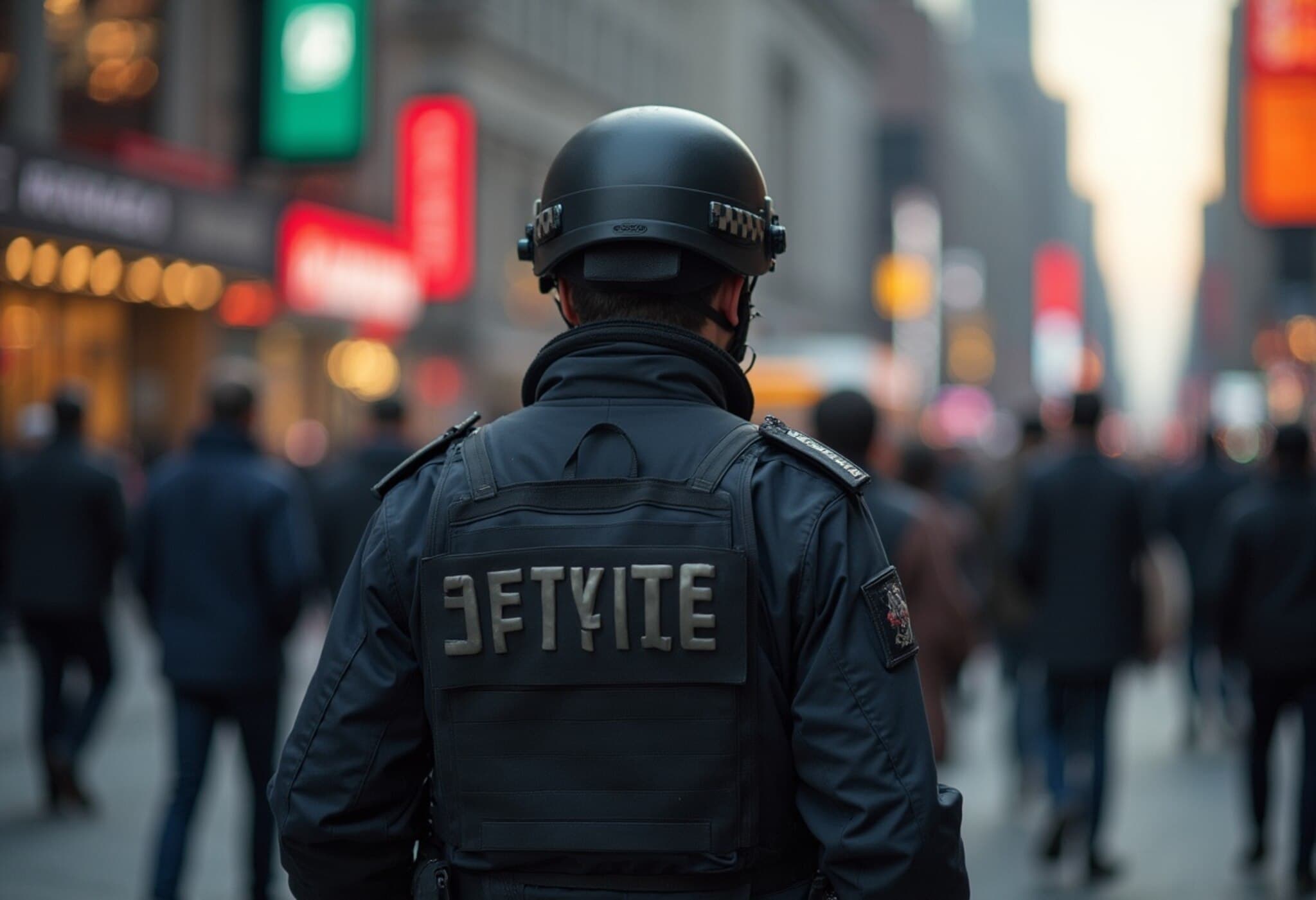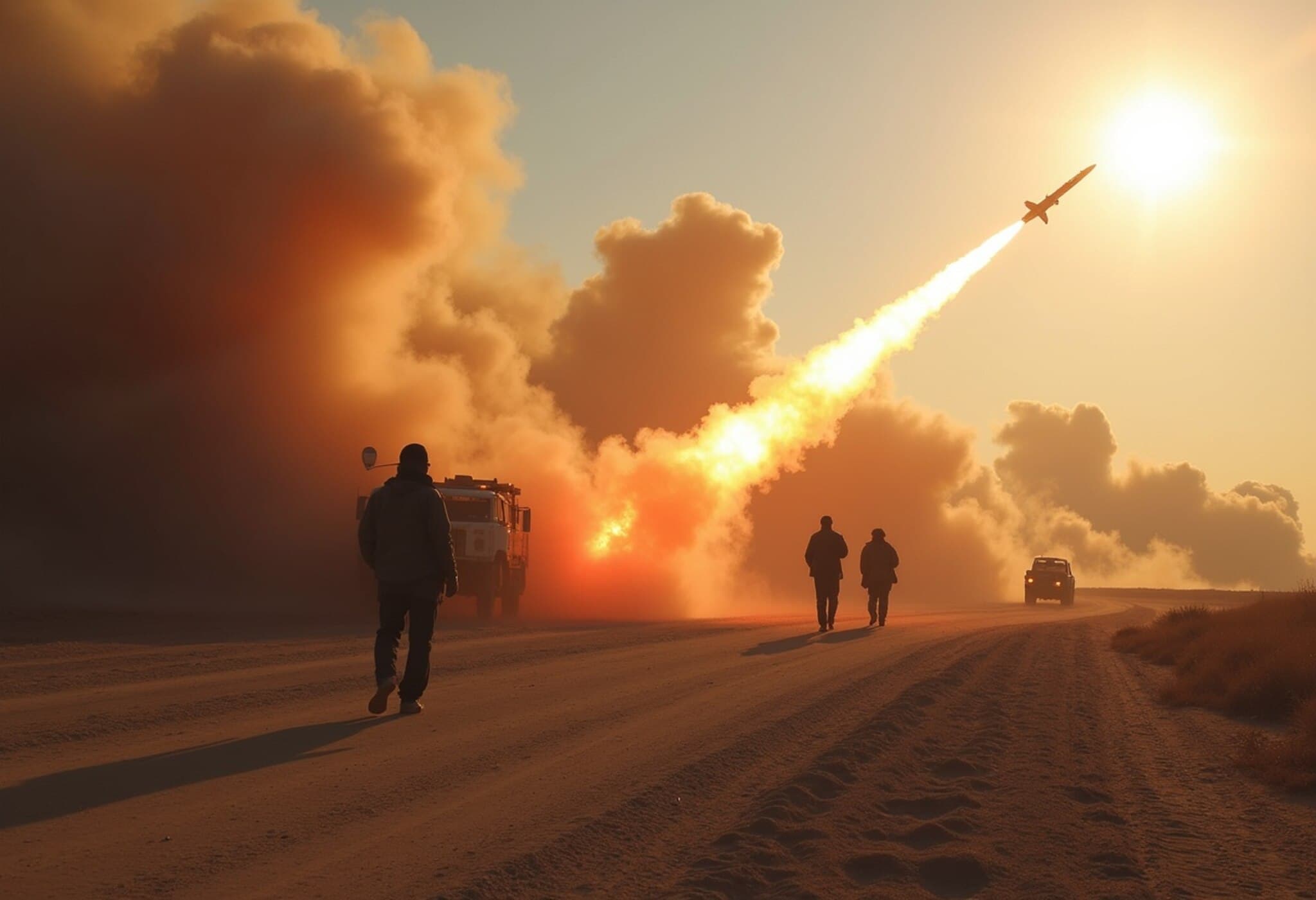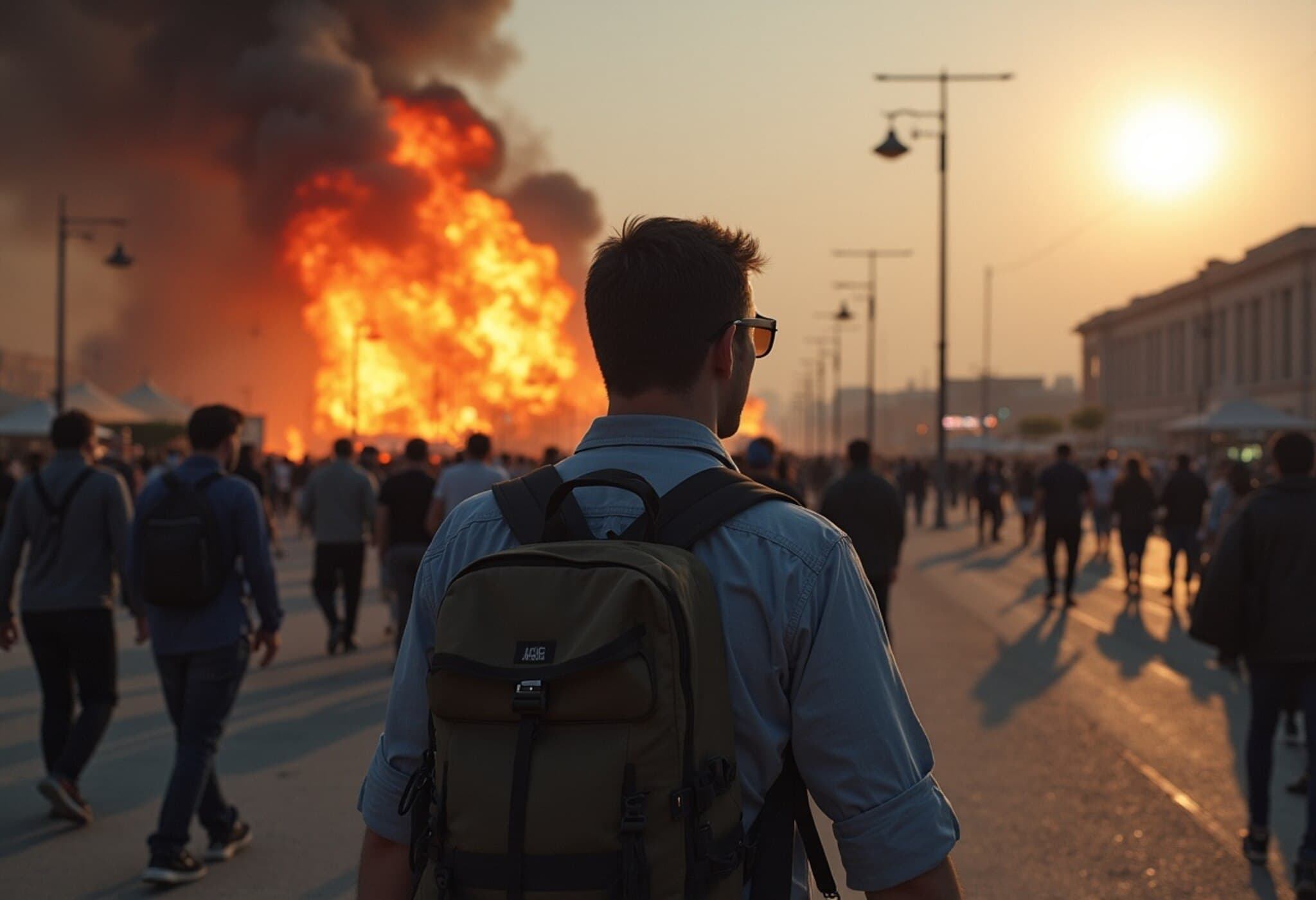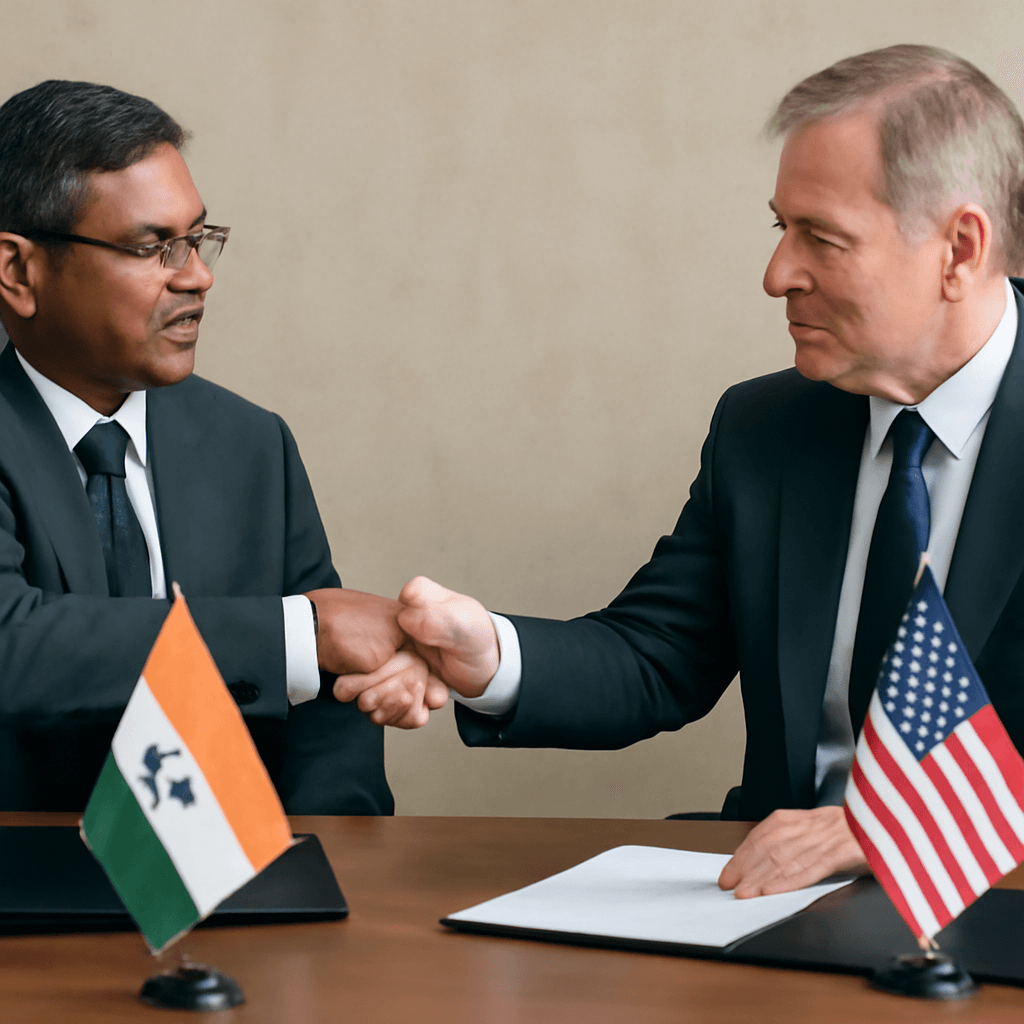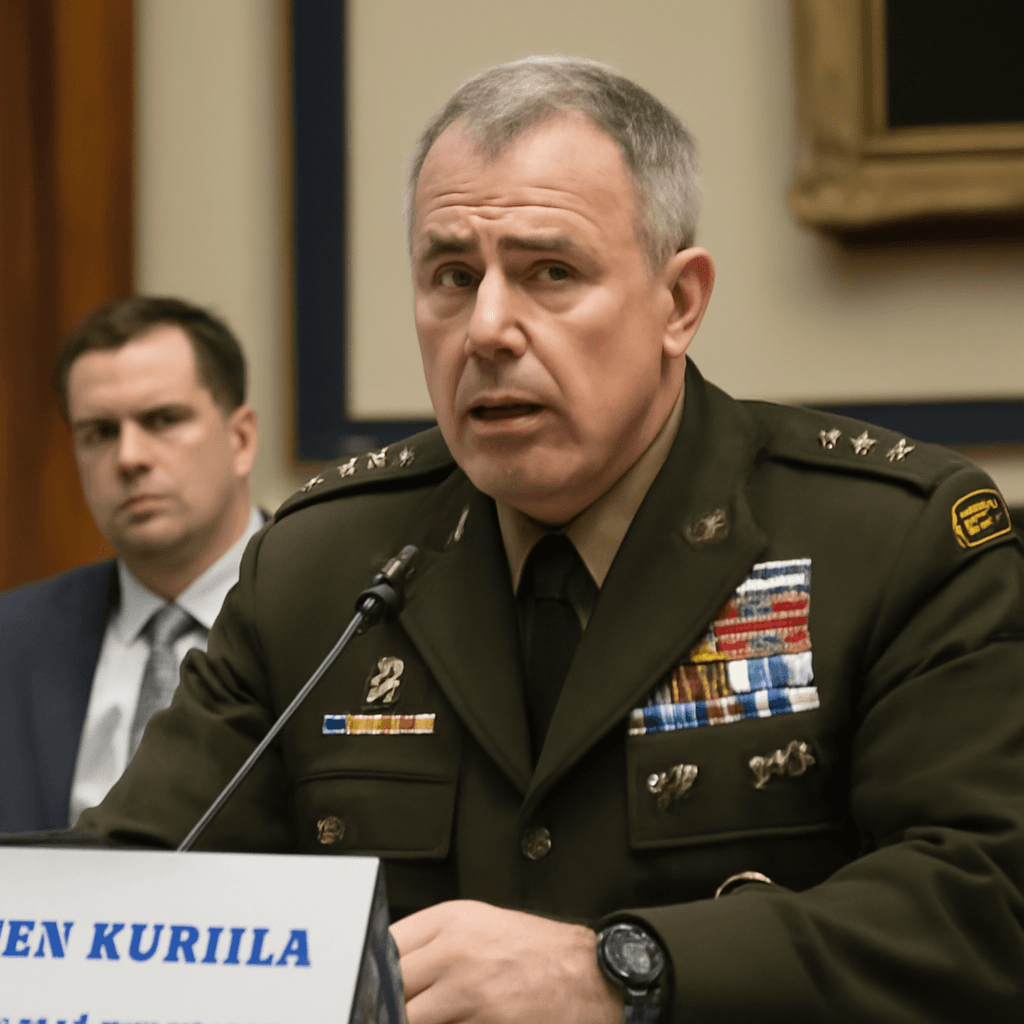Missile Launch from Yemen Escalates Middle East Tensions
In a significant development on Tuesday, the Israeli military announced efforts to intercept a missile launched from Yemen targeting Israeli territory. This incident unfolded just hours after Israel dispatched naval forces to strike strategic locations in Yemen's Red Sea port city of Hodeidah.
Background: Yemen's Role and the Houthi Movement
The missile fire is linked to the Iran-aligned Houthi movement operating in Yemen, which has openly expressed solidarity with Gaza amid ongoing conflicts. The Houthis have engaged in multiple attacks against Israel, prompting a firm response from Tel Aviv.
Israel's Strategic Response
In retaliation and as a deterrent, Israel has threatened to impose a naval and aerial blockade on Yemen should the missile strikes continue. This move underscores the escalating nature of the conflict and Israel's resolve to curb threats from groups aligned against it.
What This Means for Regional Stability
- Iran's influence via the Houthi movement adds complexity to the ongoing hostilities.
- The potential blockade hints at an intensification of military actions in the Red Sea, a critical maritime route.
- Regional actors are closely monitoring these developments amid fears of wider conflict escalation.
The situation remains fluid, with international observers urging restraint while monitoring security dynamics in the Middle East.

